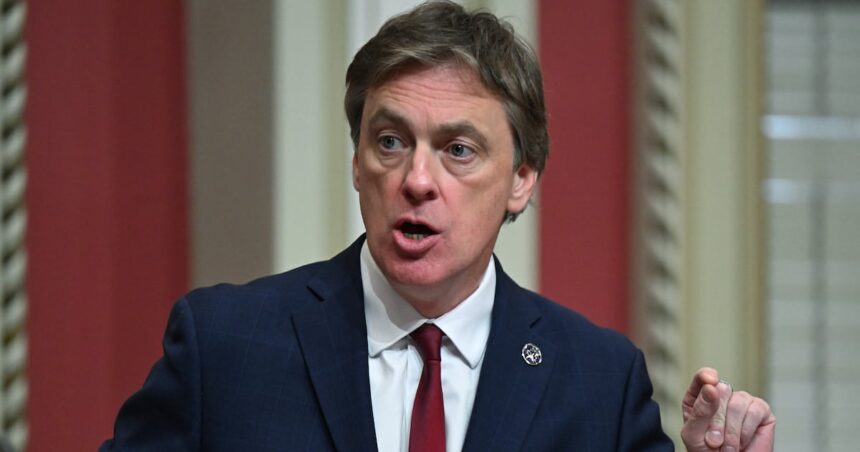The abrupt firing of a Quebec whistleblower has ignited controversy across Montreal’s political landscape this week. Louis Robert, an agronomist with 32 years of experience at the Ministry of Agriculture, Fisheries and Food (MAPAQ), was terminated after allegedly leaking documents to Radio-Canada highlighting industry influence in public research on pesticides.
“When a dedicated public servant with three decades of service is dismissed for speaking truth to power, we must ask ourselves what values we truly uphold in our society,” said Christine St-Pierre, Liberal agriculture critic, during a heated exchange at the National Assembly.
The case has quickly become a political flashpoint. Quebec Liberal Party critics suspect the dismissal stems from improper political pressure rather than legitimate employment concerns. They’ve demanded complete transparency regarding the decision-making process that led to Robert’s firing.
What makes this case particularly troubling is Robert’s motivation. According to sources close to the situation, he repeatedly attempted to alert supervisors about private industry interference in public research before taking the extraordinary step of contacting journalists.
“This is about scientific integrity and the public’s right to unbiased information about what goes into our food,” explained Michel Camus, professor of environmental health at Université de Montréal. “When research is compromised by commercial interests, public health potentially suffers.”
The Ministry of Agriculture has remained tight-lipped, citing confidentiality around personnel matters. However, a statement released late yesterday acknowledged “ongoing internal review of procedures related to scientific research partnerships.”
Meanwhile, outside the MAPAQ offices in downtown Montreal yesterday, approximately 150 supporters gathered in solidarity with Robert. Many carried signs reading “La vérité n’est pas une faute professionnelle” (Truth is not professional misconduct).
The controversy has resonated deeply with Montrealers across political divides. As a journalist who has covered this city for nearly two decades, I’ve observed how issues of transparency in government touch a particular nerve here – perhaps because our distinct society places such emphasis on collective well-being.
“The government cannot simply dismiss someone for exposing potential harm to Quebecers,” remarked Jean Fortier, former chair of Montreal’s executive committee, when I spoke with him yesterday. “This creates a dangerous precedent for other civil servants considering speaking up about wrongdoing.”
Documentation obtained by Radio-Canada suggests Robert disclosed information about a research project examining pesticide impacts on grain crops. The research allegedly faced interference from private industry representatives who sought to influence methodology and findings.
The whistleblower protection framework in Quebec has come under intense scrutiny in the wake of this case. According to the Protecteur du citoyen (Quebec Ombudsman), whistleblower complaints increased 28% in the past year, though successful protections remain rare.
“We exist in a paradox where we claim to value transparency while our systems often punish those who provide it,” noted Claire Jolicoeur, ethics professor at Concordia University. “Robert’s case exemplifies this contradiction.”
Walking through Jean-Talon Market yesterday, I couldn’t help overhearing animated conversations about pesticides and food safety among shoppers examining local produce. This story has clearly touched Montreal’s collective consciousness about what we consume and who controls that information.
The agricultural sector represents approximately $8.8 billion annually to Quebec’s economy. The delicate balance between economic interests and public health oversight has always been challenging, but Robert’s case brings this tension into sharp focus.
Liberal MNA Gaétan Barrette has demanded Agriculture Minister André Lamontagne appear before the parliamentary committee to explain the decision. “The minister must clarify whether this termination was politically motivated or if other factors were at play,” Barrette stated at a press conference.
Meanwhile, civil service unions across Quebec have expressed solidarity with Robert. “This case sends a chilling message to all public employees who witness irregularities,” said Sylvie Champagne, president of the Professional Association of Government of Quebec Scientists.
As this story continues to unfold, Montrealers are left wondering about the broader implications for transparency in governance. When







